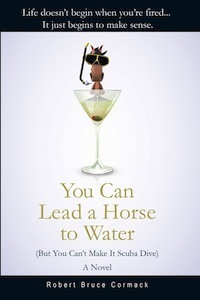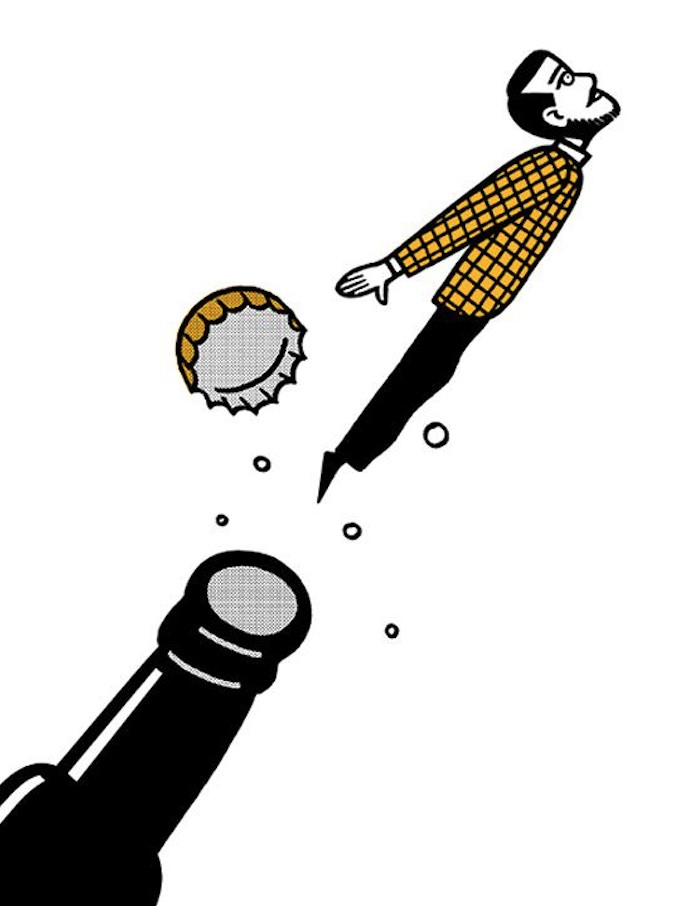Are You Wasting Time or Constructing It?

We’re all preoccupied these days. It tends to come with being connected, wired up, linked digitally to the outside world. Blame it on the Internet, blame it on smart phones, blame it on anything you like. Just remember, you’re spending an average of five hours a day being connected. So it might help to know if you’re wasting time or constructing it.
For instance, reading this article is probably stopping you from doing other things — like having a full life. Maybe you don’t want a full life, or maybe you think this is your life, but it’s actually my life. I write blogs which I hope are constructive. You, on the other hand, are looking to be entertained or maybe — just maybe — educated.
Don’t get me wrong, I need the readership, but I’m also a realist. I know you’re only spending time here until you get distracted by something else. Yes, you’re going to get distracted. Your phone will ring, a text will pop up, maybe someone’s going to knock on your door. Any number of things could happen.
All these interruptions may seem harmless, but they’re distracting you from being truly preoccupied. By truly preoccupied, I mean using your brain in such a way that it doesn’t become a blob. Based on what preoccupies us now, including selfies and making pizza, we’re blobs already, or we would be if we didn’t have articles like this one. Even this could be wasting your time, so you’d better either put it down, or read on and find out what’s making us blobs.
First of all, we need to recognize the difference between being engaged and being distracted. Engaged suggests we’ve got important things on our minds; distracted means we’ll drop whatever we’re doing to look at anything — including pizza dough. As harmless as this may appear, scientists are definitely concerned about us watching pizza dough.
They’ve done meticulous research showing that interruptions, distractions, constant noise and, yes, watching pizza dough, all reduce our ability to think. Multi-tasking, in particular, is one of the worst culprits. It’s what’s known as “task switching,” and this seriously impedes our logical, cognitive thought processes. Put into layman’s terms, it’s making us dopes.
According to Susan Weinschenk Ph.D., writing in Psychology Today, we’re losing up to 40% of our productivity through “task switching” which is playing havoc on our pre-frontal cortexes.
It seems our prefrontal cortexes were never designed for the type of cerebral hopscotching we engage in today. As we continue to add more tasks, this part of our brain doesn’t have time to process. Without processing, all the cortex can do is move on to the next piece of information. At the end of the day, if you can’t remember what you did earlier, it’s like a defective answering machine: your cortex didn’t record.
At the same time, what we leave blank may be more important than what we remember. This is called “maladjusted preoccupation.” We remember the Chubby Chicken deal at A&W, but forget to take our patient off warfarin.
Here’s an even simpler explanation (since I’m sure you’re already thinking about pizza dough). When someone says: “Sorry I didn’t call you, I was preoccupied,” this is called “deflective preoccupation” meaning they prioritized and decided they’d rather snip off an old cuticle. And let’s face it, maybe you wouldn’t have heard the phone because you were too busy snipping off your own old cuticle.
Most preoccupations are subconscious, meaning they’re done more by rote. Answering the phone, checking an email or text — these are all done by rote. Our minds tell us there’s something very important waiting, so we react, we pick up the phone, we read a text. Yet, over the course of the average day, most messages, despite their intriguing subject lines are, frankly, distractions or junk.
If we heap all the emails, phone messages, texts — and CNN — we realize these distractions are just excuses. I say “excuses” because most preoccupation is what I’ll call “cerebral avoidance.” A woman, sitting on the bus, checking her texts, is avoiding her surroundings, engaging in a conversation, or actually thinking.
We’re all guilty of this, of course, but if our prefrontal cortex is going to stand any chance at all, we must start focusing on what I call “essential preoccupation.” To achieve essential preoccupation, I’ve outlined seven easy steps anyone can do to keep their brains sharp and uncluttered.
It’s Still Just a Dog: First of all, stop going to Facebook every time someone sends you a notification. The last one said: “Did you see the dog? It looks just like Spiro Agnew.” Look, most dogs with big snouts look like Spiro Agnew. Nixon only made him Vice President so he’d appeal to dog owners.
You Can’t Chew Gum at The Same Time: Very few of us can juggle. Doing three or four things at once may seem like you can, but that’s only because balls aren’t flying all over the place. In your prefrontal cortex, everything’s flying all over the place. So you’re not a juggler, you’re a clown.
Sorry I Didn’t Call You, I Was Thinking: Since nobody’s ever heard this before, they’ll be stunned into silence. For particularly yappy friends, that’s a good thing. You can move the conversation along to something serious (like the economy or why Golden Retrievers look more like Bob Newhart?).
Grow Up: If you find distractions impossible to ignore, turn off your computer, your phone and your lights. If your first thought is whether your phone can take selfies in the dark or not, you’re suffering from the worst type of avoidance: “self absorption.” There are workshops that can train you to stop doing this. They’re called “overcoming immaturity.” Once you’ve got that solved, you can start building life skills known as maturity.
Grow a Pair: I mean grow a pair of ears (not the other thing). Learn to listen constructively. Separate “noise” from what is commonly referred to as “useful information.” Once you’re able to distinguish between the two, you’ll see a definite improvement in your knowledge and cognitive reasoning. You’ll also discover that Golden Retrievers look like Bob Newhart because he looks like a dog. This is called “deductive reasoning.”
Do One Thing Well: Rather than trying to do everything at once, separate your daily activities into groups. Divide these groups into what’s important, what’s critical and what’s nonsense. Obviously, the critical group needs attention first, followed by the important group. If you’re expecting me to say the nonsense group comes after that, you haven’t been reading this very carefully. Start the article again, only this time, try it without wondering if there’s pizza dough in the fridge. This should improve your cognitive thinking (and your diet).
The Three Ball Limit: There’s no shame in admitting you can’t do six things at once. I can handle typing, but add anything like phone calls, texts, or a dog that looks like Bob Newhart, and my productivity descends to the level of a hamster. Doing fewer things well is far more productive and rewarding. So stick to three balls and don’t be a hamster.
If you have anything to add to this list — or you figure you might as well distract me from my next blog — contact me at: rcormack@rogers.com
Robert Cormack is a freelance copywriter, novelist, satirist and blogger. His first novel “You Can Lead a Horse to Water (But You Can’t Make It Scuba Dive)” is available online and at most major bookstores. For more details, go to Yucca Publishing or Skyhorse Press.

""
Articles from Robert Cormack
View blog
This world is getting very stupid and we might die wondering if this was the plan. · “Life is like a ...

Without selling yourself short. · “We marry, have kids, do our jobs, provide food, education. Job do ...

All I did was write the first Canadian rock jingle. · I still remember how we wore our jeans with le ...
You may be interested in these jobs
-
We are hiring a dependable Class 5 Driver / Site Services Technician to support our construction clients across Edmonton and area. This is a hands-on role delivering and servicing portable toilets, delivering and setting up construction waste bags, and installing/removing tempora ...
Edmonton, AB TS B1 month ago
-
Job Description · Location: Available throughout Canada (occasional travel depending on projects) · Overview · AtkinsRéalis is seeking a Solid Waste Management Engineer to support the delivery of solid waste management, circular economy and environmental compliance projects withi ...
CA.QC.Montréal. boul. René-Lévesque Ouest1 day ago
-
We are seeking an Intermediate Solid Waste Management Engineer to join our growing Canada waste management team. · AECOM can provide hybrid work options to give you flexibility in your role. · The right candidate will have strong technical knowledge of solid waste management prin ...
Edmonton, AB1 month ago


Comments
Robert Cormack
9 years ago#1